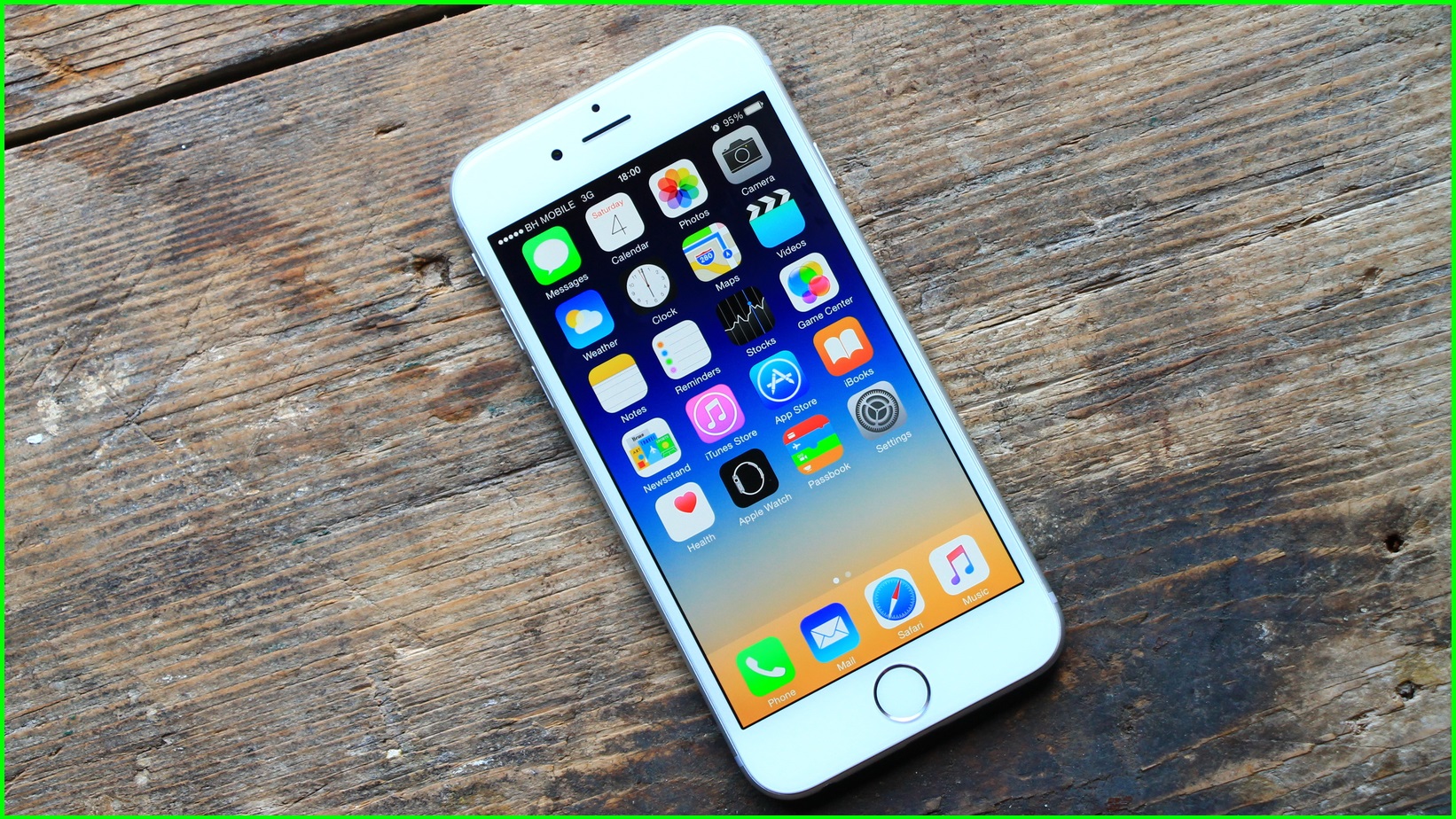Apple has been fined $41 million for slowing down older iPhones without informing consumers.
The world’s most profitable company was fined €25m ($AUD41m) by the French Directorate General for Competition, Consumption and the Suppression of Fraud (DGCCRF).
DGCCRF said Apple had agreed to pay the fine for its “deceptive marketing practice”.
Its investigation found “iPhone owners had not been informed that the updates of the iOS operating system (10.2.1 and 11.2) they installed were likely to slow down the operation of their device.”
The updates were released during 2017 and affected the iPhone 6, SE, and 7.
“Unable to revert to the previous version of the operating system, many consumers would have been forced to change their batteries or even buy a new phone.”
This, it said, constituted “a misleading commercial practice by omission.”
As part of the fine, Apple must publish a “press release on its website” for one month.
Information Age was unable to locate this notice.
In January 2018, Apple CEO Tim Cook appeared on US television to explain iPhones were slowed down to lessen their performance rather than risk users experiencing an “unexpected restart”.
“We deeply apologise for anybody that thinks we had some other kind of motivation,” he said.
“The user is at the centre of everything we do.”
Cook said when the company introduced this feature, it told users about it, “but I don’t think a lot of people were paying attention – and maybe we should have been clearer, as well.”
“We felt it would be better to take something off the performance to prevent that [unexpected shutdowns] from happening.
“Our actions were all in service of the user – I can’t stress that enough. Our actions were always the purest.
“If anybody out there believes we did something nefariously, we apologise for any kind of thing that I – we – did or didn’t do.”
Two weeks ago, Apple announced Q1 2020 financial results, reporting $137 billion ($US91.8 billion) in revenue for the quarter.
Net income was $33.1 billion ($US22.2 billion).










